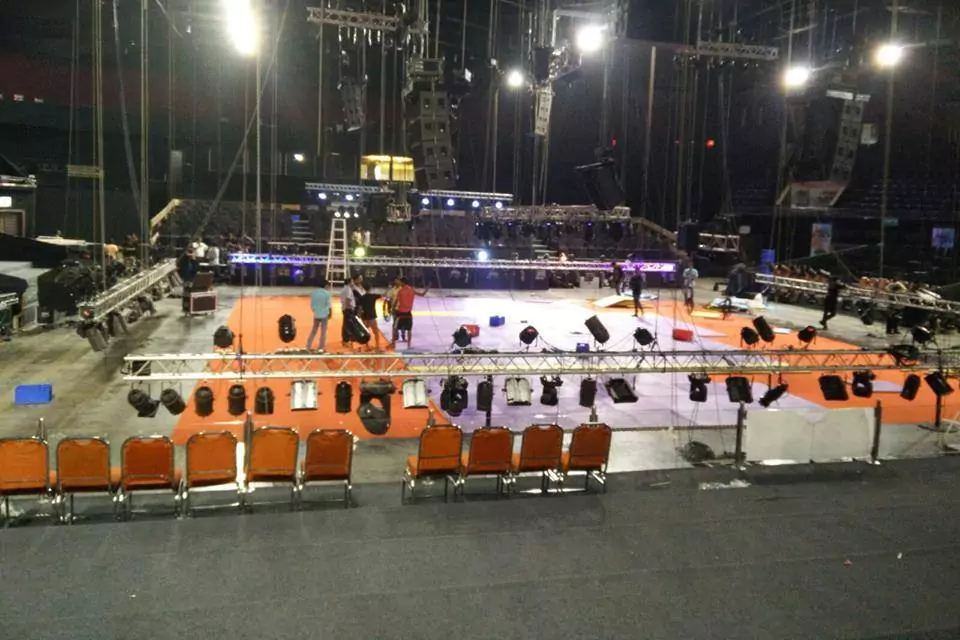The thrill of planning an event for your brand or business is undeniable. The moment the idea takes shape in your mind, visions of decor, menus, and more start to dance. However, what appears as a quick brainstorm can translate into weeks or even months of meticulous preparation. Let’s delve into our comprehensive guide to understand the lead time required for your next event.
Audience Size Matters
Your planning journey begins with understanding your expected number of attendees. This critical piece of information forms the basis for selecting suitable venues, arranging travel and accommodations, gauging food and beverage requirements, and preparing materials like nametags, gift bags, or other essentials for activities and demonstrations.
In a nutshell, the larger the event, the more time it will take to orchestrate all the moving parts.
For gatherings with fewer than 100 attendees, a 3-month lead time offers flexibility, options, and cost-effectiveness. Smaller, local events with minimal additional needs may come together with just a month of planning.
Events hosting between 100 and 250 guests require 3 to 5 months for ideal preparation, as venues and various event vendors may already be booked, necessitating potential adjustments to dates and locations.
For events with 250 or more attendees, allocate at least six months for planning. These larger gatherings often span multiple days, involve numerous breakout sessions, or entail coordinating flights and accommodations for attendees from different destinations.
Choosing a Unique Venue – Minimum 6 Months to 1 Year

In-demand hotels and event spaces are snapped up rapidly, especially during holidays, weekends, and special occasions. If you have your heart set on a specific venue, start planning at least six months to a year in advance to increase your chances of securing a slot. Being open to flexible dates and considering weekdays over weekends can further enhance your chances.
Inviting High-Profile Guests – 3 to 6 Months

Inviting esteemed guests like the mayor for your grand opening or securing a celebrity as your keynote speaker can boost your event’s visibility. However, these high-profile individuals already contend with busy schedules and receive numerous invitations. For local dignitaries or events requiring only a brief appearance from VIPs, a 90-day notice suffices. If your special guest is in high demand, plan at least six months ahead to align with their schedule or explore digital participation as an alternative.
Catering, Beverages, and Floral Arrangements – Think Seasonally – or at Least 2 to 3 Months
Planning the menu can be time-consuming, especially if accommodating dietary requests like vegan, gluten-free, or dairy-free. Choosing from a caterer’s existing menu can expedite preparations, but allowing a buffer of a couple of weeks provides room for contingency plans in case of ingredient shortages or recalls.
It’s essential to adhere to vendor timelines to avoid rush charges when ordering perishable items. Vendors schedule deliveries of produce and flowers to ensure freshness for your event. Altering dates with insufficient notice can result in suboptimal items or costly substitutions.
Entertainment, Photographers, and Videographers – Trust Your Event Planner
Selecting the right entertainment, photographers, and videographers can be a complex task. Not all professionals are equal in quality. Working with an experienced local event planning partner is invaluable. They possess knowledge of the best providers in the area and can often secure favorable rates through their established relationships.
Customized Items – Minimum 6 to 8 Weeks

Specialty production companies and promotional vendors that customize goods with logos and corporate graphics typically rely on vendor production schedules. Four weeks is a standard industry timeframe for the delivery of blank items, let alone customized ones. While some items may be readily available for quick shipping, you may sacrifice color choices or unique items. Consider initiating customized orders early in your planning process to accommodate shipping delays or other unexpected challenges.
In your event planning timeline, treat events like advertising campaigns. Magazines and digital publications usually require files a month in advance, while TV commercials may demand a 60-day lead time, not accounting for the time needed for content creation. Amid the intricacies of a successful event, investing extra time in planning pays off. At RASPBERRY, we can help you maximize your budget through proactive planning.







